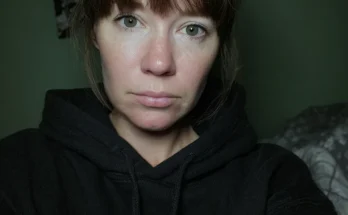When my grandfather passed, he left behind more than land—he left a legacy rooted in loyalty, tradition, and quiet resilience. I was the only one who stood by him in his final years, the only one who listened when his stories turned into confessions, and the only one who showed up when his health declined. While others drifted away, I stayed.
He wasn’t perfect. Grandpa John held firm, sometimes outdated beliefs, and had long severed ties with my father over a marriage he never approved of. But beneath his stern exterior was a man who cherished commitment and despised betrayal. He built a life of integrity, and I was the only one who truly understood that.
When the lawyer handed me his letter, it changed everything. Grandpa revealed secrets—about my brother’s paternity, about regrets he carried, and about the pain of watching his family fracture. He didn’t leave anything to my father or brother. Not out of spite, but because they had abandoned him emotionally long before death did.
Now, the family wants me to split the inheritance. They say it’s tradition. They say it’s fair. But fairness isn’t blind—it sees who showed up and who didn’t. I won’t dilute the meaning of what he left me. This wasn’t just property. It was trust. It was gratitude. It was a final act of love.
I refuse to share what was never earned. Because legacy isn’t about blood—it’s about bond. And I was the only one who kept ours alive.


